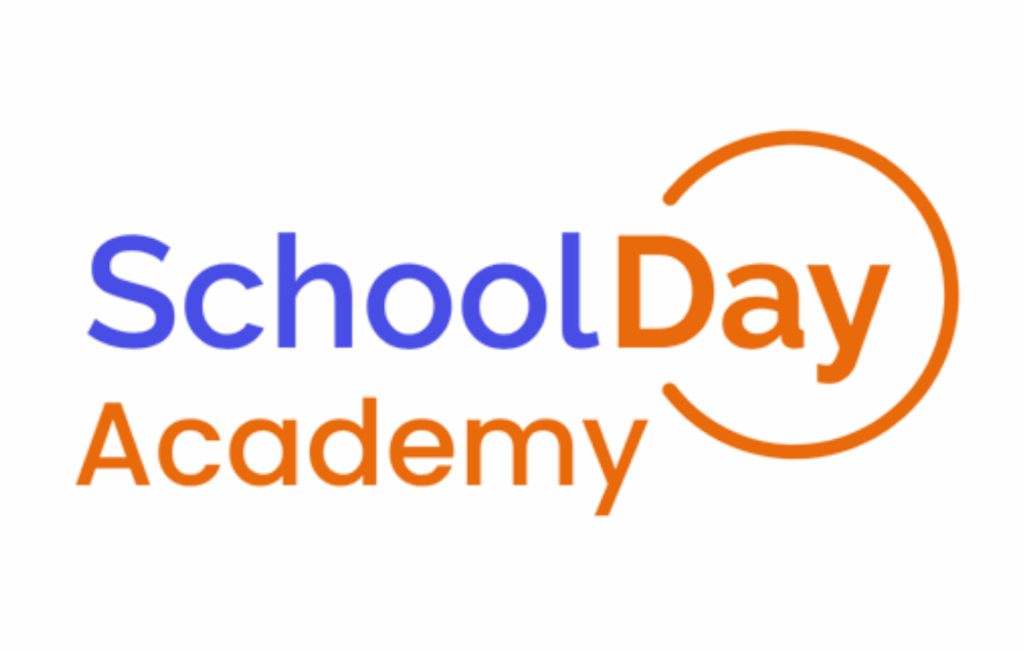Across districts, the urgency around math recovery is growing. Teachers are giving their all—but many lack training to recognize and support students who learn math differently. Too often, bright, capable children lose confidence because their struggles with numbers are misunderstood.
That’s why SchoolDay Academy offers Dyscalculia: Strategies for Students in Elementary School—an exclusive, five-module professional development course designed for grades 2–5 teachers. This flexible, evidence-based training equips educators with the knowledge and strategies to identify dyscalculia early and support struggling math learners effectively.
Why This Course Matters
This course helps teachers reframe how they approach math challenges—shifting from frustration to understanding and action.
Educators will learn to:
- Understand what dyscalculia is—and how it differs from other math difficulties.
- Recognize the signs early so students don’t fall further behind.
- Apply practical, research-based strategies that build both math skills and confidence.
- Create inclusive classrooms where every child can engage meaningfully in math learning.
Instead of repeating ineffective remediation, this course provides proven, classroom-ready approaches that empower teachers to reach students who simply need math taught differently.
What Teachers Will Learn
The Dyscalculia: Strategies for Students in Elementary School course includes five comprehensive modules with guided reflection and classroom application opportunities.
- Spot the Signs Early
- Identify key characteristics of dyscalculia.
- Differentiate it from other learning challenges.
- Address misconceptions and bias in early math intervention.
- Identify key characteristics of dyscalculia.
- Understanding Math Development
- Explore how number sense forms and where learning diverges.
- Understand the neurological and developmental roots of dyscalculia.
- Connect theory to classroom observation.
- Explore how number sense forms and where learning diverges.
- Assessment Approaches
- Use non-penalizing, strength-based tools to evaluate progress.
- Identify student assets alongside learning gaps.
- Reframe assessment as support rather than judgment.
- Use non-penalizing, strength-based tools to evaluate progress.
- Practical Interventions
- Implement strategies using number lines, manipulatives, and assistive tech.
- Adapt instruction for small groups and one-on-one support.
- Build confidence alongside competence.
- Implement strategies using number lines, manipulatives, and assistive tech.
- Reflective Teaching and Inclusive Practices
- Design classroom routines that nurture all learners.
- Address the social-emotional impact of math anxiety.
- Create a personalized plan for inclusive math instruction.
- Design classroom routines that nurture all learners.
Course Details:
- Duration: ~12 hours (5 modules)
- Format: Self-paced, on-demand
- Audience: Teachers of grades 2–5
- Assessments: 11 assignments and classroom reflections
- Certificate: Shareable SDA credential for PD records
Real-World Impact
Picture a teacher who once felt powerless watching students shut down at the sight of math problems. After this course, that same teacher recognizes dyscalculia, applies targeted strategies, and helps students rebuild both skill and confidence.
Across a district, this shift leads to:
- More engaged classrooms where math feels accessible to all.
- Earlier identification of learning differences.
- Fewer students falling behind due to misunderstanding or stigma.
This isn’t just professional development—it’s a transformation in how schools understand and teach math.
Why SchoolDay Academy Recommends This Course
At SchoolDay Academy, we curate professional development that addresses real district priorities—combining evidence-based content with affordable, scalable access.
The Dyscalculia: Strategies for Students in Elementary School course stands out because it is:
- Exclusive to SchoolDay Academy: Not available anywhere else.
- Evidence-based: Designed by Dr. Honora Wall, rooted in current research.
- District-ready: Built for scale so every teacher can benefit.
- Affordable: Access starts at $149 per user, per year, with bulk discounts as low as $100 per user, unlocking hundreds of PD courses across topics like literacy, SEL, and inclusive instruction.
With SchoolDay Academy, districts provide a sustainable path for educators to build capacity and help all learners succeed—without breaking the PD budget.
Final Thoughts
Dyscalculia: Strategies for Students in Elementary School empowers teachers to identify, understand, and support students who struggle with math in new, effective ways. It’s practical, scalable training that builds teacher confidence and strengthens student success.
Enroll your teachers in Dyscalculia: Strategies for Students in Elementary School through SchoolDay Academy and give them the tools to change lives in your classrooms—one confident math learner at a time.













